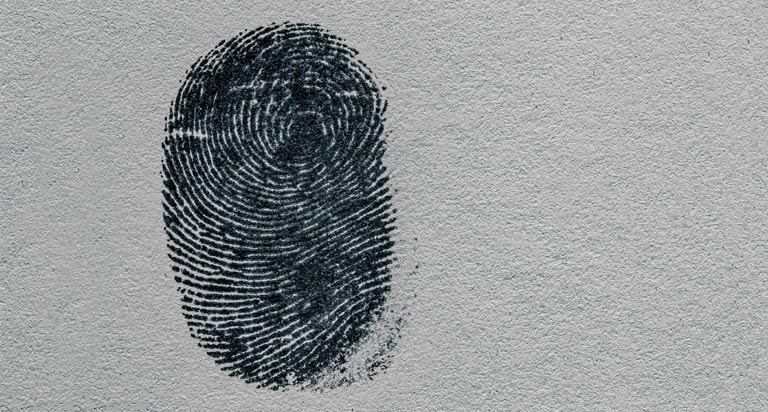What is Medical Identity Theft?


Highlights:
- Medical identity theft happens when a person steals your identifying information and uses it to receive medical care in your name.
- You may be a victim of identity theft if you’ve received a bill or paperwork for an unfamiliar medical procedure or been contacted by a collections agency regarding unknown medical debt.
- Keep your medical information secure and review it regularly for signs of fraud.
Medical identity theft happens when someone steals your personal information and uses it to receive medical care in your name. This type of fraud can be uniquely challenging for victims to spot, and it can take a long time — plus a lot of money — to resolve it.
Here’s what to know about how medical ID theft occurs and what you can do to help better protect your information.
How does medical identity theft work?
Criminals looking to steal your medical identity use many methods. They may obtain your personal information from old medical documents or your health insurance card. They might also employ phishing tactics — using calls, emails or other messages that appear legitimate — to trick you into giving up your information.
Sometimes, phishing messages include hyperlinks that, when clicked, can install malware on your device. Malware is a kind of software that collects private information such as your passwords or your Social Security number.
Once the thief has sufficient details about you, they may be able to visit a doctor’s office, obtain a medical procedure or make other attempts to use your health insurance benefits in your name. If the imposter fails to pay for the medical services they’ve received, you may be responsible for the bills and eventually face debt collectors. The fallout from medical ID theft can show up on your credit reports and damage your credit scores.
Medical ID theft can also create duplicate medical records in your name that can be difficult to distinguish from your legitimate records. Worse, during an emergency, this false information could prevent you from receiving the treatment you need, or cause your doctor to prescribe the wrong treatment.
Signs of medical identity theft
Medical identity theft can be difficult to spot right away. You may be a victim of identity theft if you have:
- Received a bill or other paperwork related to an unfamiliar medical procedure
- Been contacted by a collections agency regarding unknown medical debt
- Noticed strange medical debt collections on your credit reports
- Been denied coverage by your health insurance company due to a medical condition you don’t recognize
- Been told by your health insurance company that you’ve met your benefit limit well before you anticipated
If you believe you’ve been a victim of identity theft based on these warning signs, seek help. You can file a complaint with the Federal Trade Commission online at IdentityTheft.gov or by phone at 877-438-4338.
Ways to help better protect yourself against medical identity theft
Here are five ways you can help protect your medical information from identity thieves.
- Keep your medical information safe and confidential. This includes billing statements, documents from your insurance company, prescriptions, health insurance forms and your health insurance card. Don’t give out your health insurance information to anyone unnecessarily, even family and friends.
- Destroy medical documents you don’t need. Shred any documents containing personal information before you throw them away. If you can’t use a shredder, black out sensitive information.
- Review any communications from medical providers and insurers. Look for notices, billing documents and explanations of benefits. If you see anything you don't recognize, such as an unfamiliar procedure or cost, contact your insurer and your providers.
- Check your medical records. Contact your health care providers to review your medical records, especially if you’ve noticed any suspicious activity elsewhere. Report any discrepancies to the relevant provider in writing.
- Review your credit reports and scores. Regularly review your credit reports for any indication of medical debt in collections or other suspicious activity. Similarly, it’s wise to monitor your credit scores for unexpected changes. If you find something you can’t explain, immediately notify the three nationwide consumer reporting agencies (CRAs) — Equifax®, TransUnion® and Experian®.
To receive a free monthly VantageScore 3.0 credit score and Equifax credit report, you can create a myEquifax account and click "Get my free credit score" on your myEquifax dashboard to enroll in Equifax Core Credit™. A VantageScore is one of many types of credit scores. You can also visit AnnualCreditReport.com to get free credit reports from the three nationwide CRAs.

Sign up for a credit monitoring & ID theft protection product today!
For $19.95 per month, you can know where you stand with access to your 3-bureau credit report. Sign up for Equifax CompleteTM Premier today!



